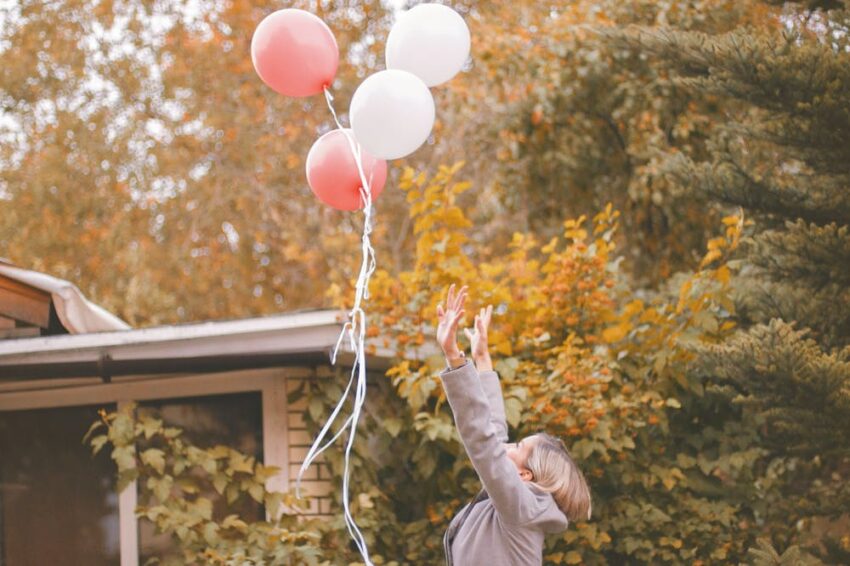
Forgiveness – The Path to Our Best Life
Forgiveness might be the strongest power we possess. It is the reset button for pain in our lives, the almighty do-over. And yet this virtue is extremely difficult to master. What is it about forgiveness that makes it so hard to do? Even when all spiritual traditions and religions hold forgiveness as a core value, each using similar teachings on the importance of acting in this kind of love, people struggle with doing it.
UNDERSTANDING THE STRUGGLE
I appreciate a process that teaches how to go about difficult things. A good step-by-step helps to breakdown arduous tasks. I have personally sought help from multiple sources to help myself with understanding how to follow Christ’s example of forgiveness. The Bible lays out the facts of what needs to be done and tells the story of Jesus, but sometimes those words can seem too…dare I say…distant and fuzzy to be applicable. There is a reason there are more and more translations of the Holy texts. Language changes with time. Words have new meanings. Therefore, it’s necessary that each of us hears words that we can comprehend with today’s language and apply to current problems. This is not a rejection of the Bible, or of Christian theology, but an effort to internalize and possess the gospel.
UNDERSTANDING THE FORGIVENESS PROCESS
The late Desmond Tutu, South African Anglican Archbishop, theologian, human rights activist and Nobel Peace Prize recipient, spent a lifetime teaching about forgiveness. He wrote a book on how to go about it. Collaborating with his daughter in The Book of Forgiving, they set a forgiveness framework of four steps called the “Four Fold Pathway.” In his explanation of the process, I gained new insight on the application of forgiveness through the unique language used. I saw that there were lingering effects in areas of my life that the fullness of forgiveness had not yet been completed.
 The four steps the Archbishop outlined are:
The four steps the Archbishop outlined are:
- Telling your story (facing the truth of what happened)
- Naming the hurt
- Granting forgiveness
- Renewing or Releasing the relationship
Without reiterating the entire book (and encouraging you to seek for yourself language that resonates with you), I’ll tell you that the phrase releasing the relationship hit me anew. As I mentioned earlier, I have a thorough education in forgiveness. As a former counselor of the recovery curriculum The Genesis Process, I’ve lectured on the topic. What I discovered with this version of the forgiveness model is that I have relationships with things and not just people.
UNDERSTANDING THE APPLICATION
One of my most painful life events is with an incident that did not involve other people. If you’ve read my story about bodybuilding (link to post here), you know that I’ve lived with chronic pain since participating in that sport. I have a “relationship” with exercise. My experience in this area has forged neuropathways in my brain that created an expectation of how this subject works. This expectation is my belief system.
Have you ever considered that your expectation of a person or thing is your belief system?
These are new words to me applied to an old teaching!
So, it makes complete sense that it is difficult to “forgive and forget” when your experience tells you if you engage in that (person or thing) again you’ll get hurt. And many experts suggest that our experience is wisdom and we should not forget that knowledge any more than we should unlearn putting a hand on a hot stove.
But if we are following these steps of forgiveness, we end by either renewing the relationship or releasing it. Neither of these options suggests that we reject experience, but that we open our heart to the possibility of a different (new) experience.
This past November I tore the meniscus in my left knee, I am just now getting around consistently without pain. But I am nervous to begin an exercise because I have a rather significant history that supports my belief that I will continue to get hurt if I try again. Fear keeps me from moving (literally!) and is the thing that is damaging me the most. Wisdom says there are activities I can participate in that will build me up if I will risk trying something new.
UNDERSTANDING THE POWER OF FORGIVENESS
The same could be said for people.
There are safe people who will build you up if you will risk reaching out.
There are times when we can renew the same relationship. Occasions when starting over with the same person or the same activity is possible and probable to succeed. There are other times, when the trauma is severe enough that the wise thing is to release the relationship. Say goodbye to it completely but let it/them be a teacher of wisdom.
 Goodbye difficult job ~ you taught me skills.
Goodbye difficult job ~ you taught me skills.
Goodbye demanding person ~ you gave me boundaries.
Goodbye harsh exercise ~ you trained up self-respect.
I now see that forgiveness, when done fully, can give us the best of relationships with others and with ourselves. And that’s powerful!
One thought on “Forgiveness – The Path to Our Best Life”
Thank You, Sharon…thank you for being willing to openly share your scars and hurts with us. Our God so amazingly uses you to articulate truths that I may have thought about or read about , but you to
point me to them. Some of the things I try to bury and am afraid of facing, but you have a way of encouraging me to go ahead and dig deeper and ask God for His hand of strength to carry me and hold me and love me right where I am at. Wherever I am…God is there and desires to restore my relationships and to heal unhealthy ones from my past. He desires me to seek Him for healing…Thanks be to God!🙌